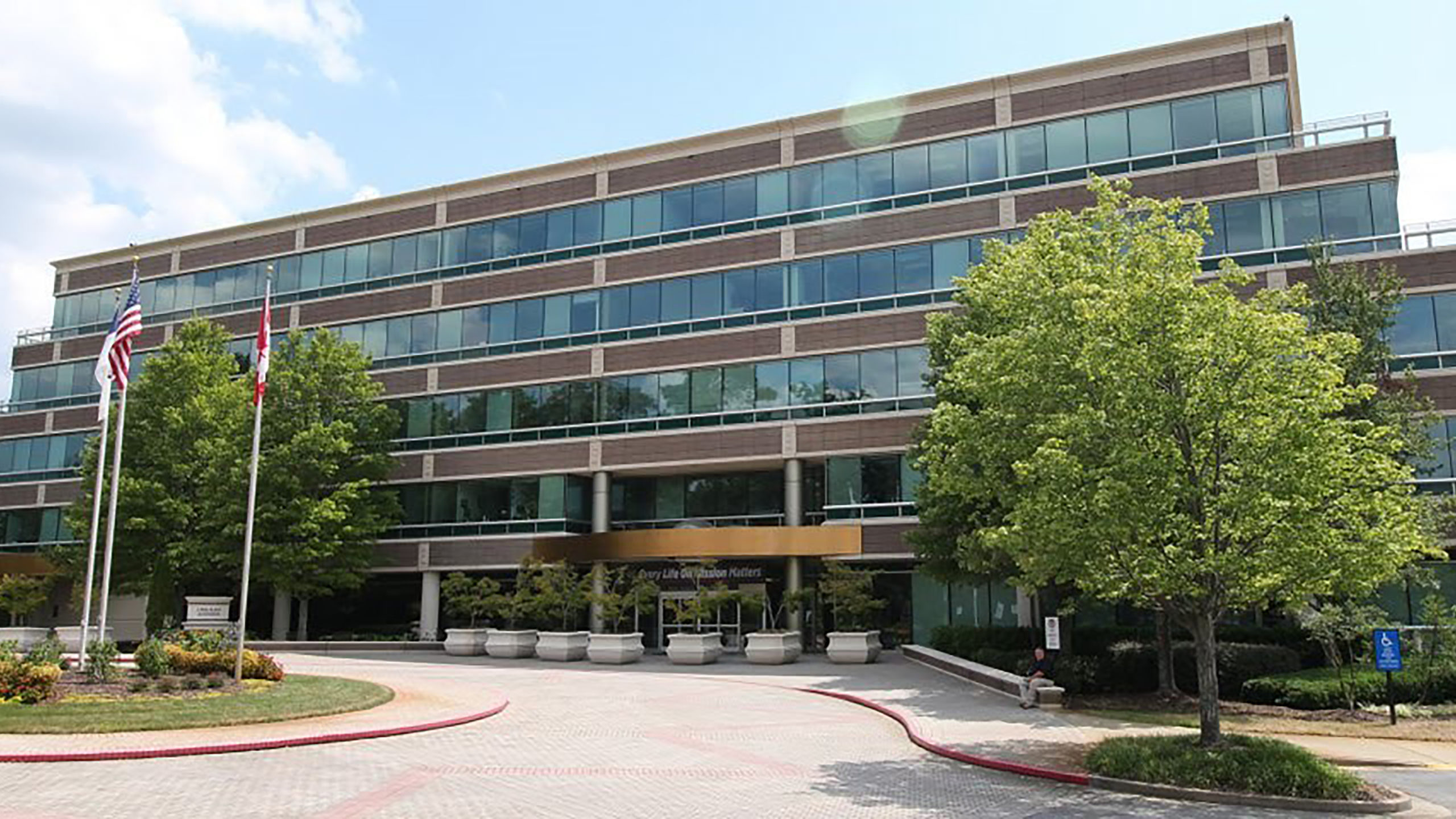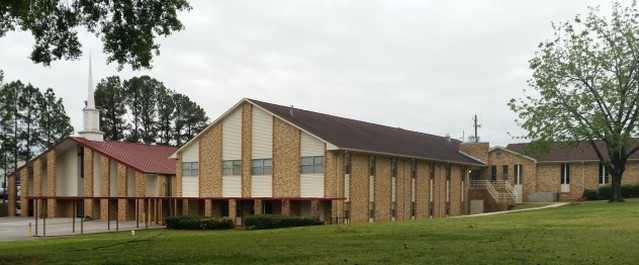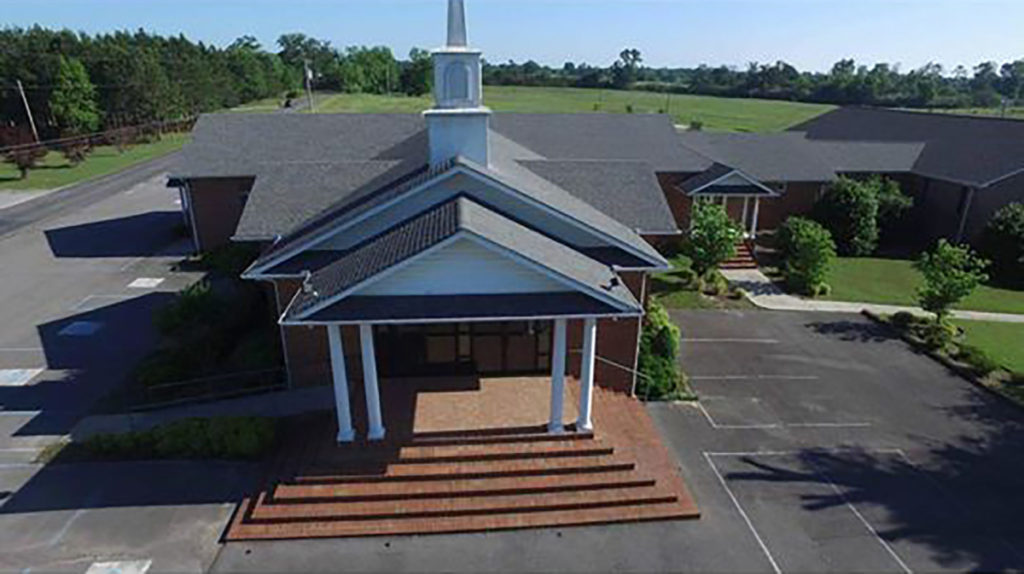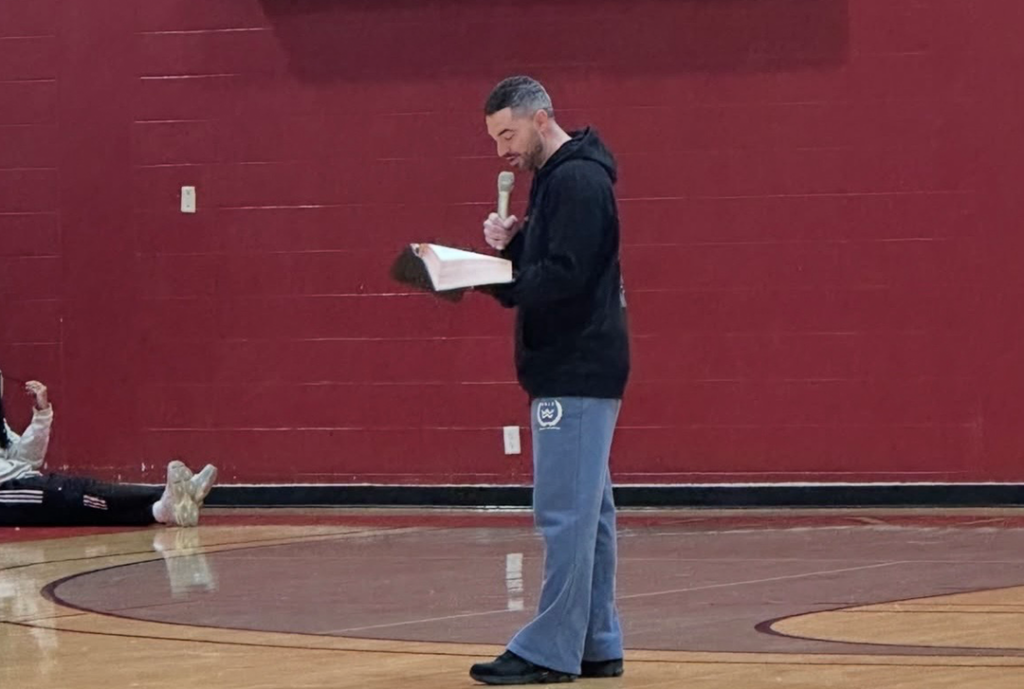The Supreme Court of the United States denied a petition by the North American Mission Board (NAMB) to review its ongoing case involving a lawsuit filed by a former Southern Baptist state executive director.
Originally filed in 2017 by Will McRaney, former executive director of the Baptist Convention of Maryland/Delaware (BCMD), the lawsuit alleges NAMB had intentionally defamed him and wrongfully influenced his 2015 termination by the BCMD after a dispute over collaborative missions efforts in the region. NAMB legal counsel George McCallum called the allegations “unfounded” in a statement to Baptist Press in November of last year, adding that NAMB has “consistently denied” McRaney’s claims.
NAMB is represented pro bono by First Liberty Institute, the largest legal organization in the nation dedicated exclusively to defending religious liberty. Jeremy Dys, special counsel for litigation and communications at First Liberty Institute, expressed disappointment at the decision not to hear the case. First Liberty contends that an earlier decision by the Fifth U.S. Circuit Court of Appeals, which in 2020 reversed a 2019 dismissal of the case by the U.S. District Court Northern District of Mississippi, undermines the doctrine of church autonomy.
‘Deeply disappointed’
“The First Amendment prohibits the government from interfering with the autonomy of religious organizations or the local church,” Dys said in a statement released by First Liberty. “We are deeply disappointed that the Supreme Court decided not to hear this important case. … There should be no doubt that religious institutions–not judges–have the freedom to choose how to fulfill their religious missions and with whom.”
With the Supreme Court’s denial, the case is remanded back to the U.S. District Court Northern District of Mississippi, which dismissed the lawsuit in April 2019. Senior Judge Glen Davidson ruled the court could not consider McRaney’s claims because of the ecclesiastical abstention doctrine, which prevents the government from interfering in church or religious matters.
However, a three-judge panel from the Fifth Circuit Court overturned that decision in July 2020. The panel did not determine whether or not the ecclesiastical abstention doctrine applied, but instead pointed to the uncertainty of the facts surrounding the case.
After an unsuccessful appeal for an en banc hearing with the Fifth Circuit, NAMB announced in December 2020 it would appeal to the Supreme Court. NAMB officially appealed to the Supreme Court in February 2021.
In a statement, McRaney emphasized his long-held desire to bring this issue to trial, saying: “Now we will see what the evidence and sworn testimony reveal.”
The district court is not expected to take up the case until the fall of this year.
Reprinted from Baptist Press (www.baptistpress.com), news service of the Southern Baptist Convention.






Share with others: